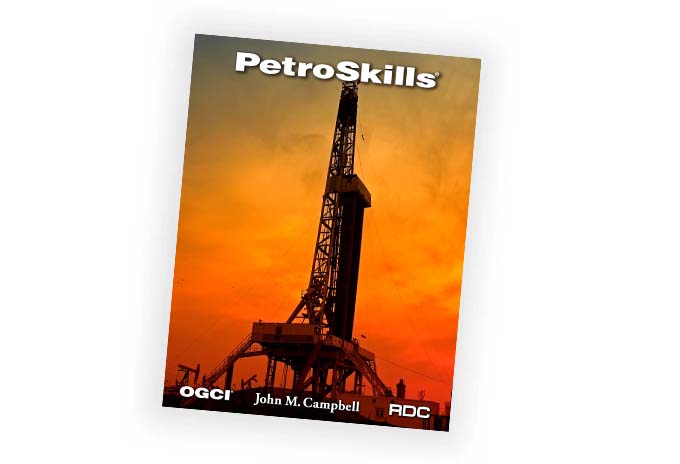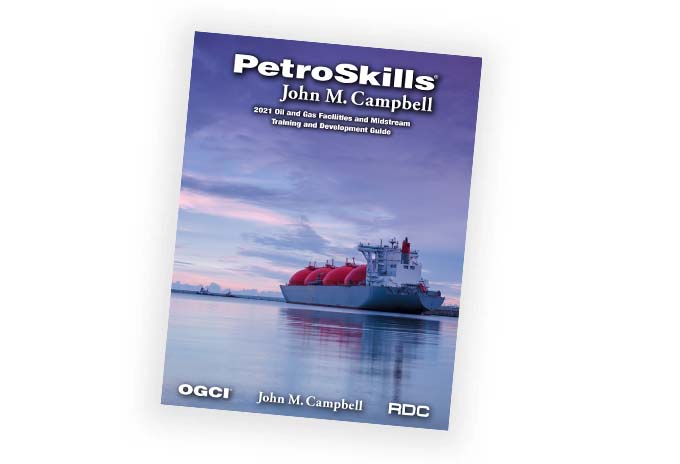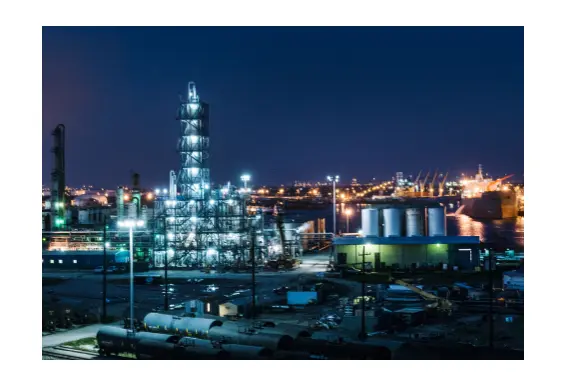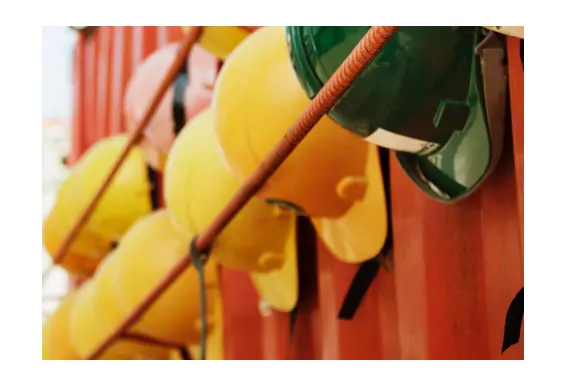Reservoir Engineering for Other Disciplines - REO
About the Course
This course gives the non-reservoir engineer a better understanding of reservoir engineering practices and limitations. The course is designed to provide a good understanding of reservoir engineering processes, the required data, and the limitations on the engineers' analysis and interpretations. The course also provides persons who are already well trained in the other upstream petroleum industry technical disciplines with an understanding of the current state-of-the-art practice of reservoir engineering.
"Great instruction, knowledge on all topics; room for questions, discussion." - Senior Technical Planner, Norway
"Excellent course for the desired introduction." - Manager - Exploration, Germany
"Very thoughtful, clear answers to questions. Class moves quickly, but passes along great amount of info." - Senior Project Advisor, United States
Target Audience
Engineers and geoscientists now working in an asset environment where they need to better understand the practices and limitations of the methods and procedures employed by the reservoir engineers with whom they work. Participants should have three or more years of technical experience in the upstream petroleum industry.You Will Learn
Participants will learn how to:
- Utilize the tools and techniques of the reservoir engineer
- Apply the principles of reservoir engineering
- Develop reservoir, well performance and asset management options
Course Content
- Distribution of Reservoir Properties: structure, fluid contacts, water saturation, and pressure
- Rock Properties: porosity, permeability, capillary pressure, and relative permeability
- Fluid Properties: phase behavior of reservoir fluids; properties of gas, oil, and water; PVT Sampling; and PVT laboratory reports
- Volumetric Calculation of Initial Hydrocarbons in Place: oil in place, gas in place, addressing uncertainty using probabilistic methods, reserve booking practices, and reservoir recovery efficiencies
- Material Balance Methods: oil reservoir material balance, Havlena Odeh method, gas
- material balance, volumetric, compaction, water drive, and compartmentalized reservoirs
- Fluid flow and well performance: radial and linear flow, transient, pseudosteady state, steady state flow regimes, productivity of vertical and horizontal wells
- Aquifer influx
- Immiscible Displacement: fluid displacement process, fractional flow, Buckley Leverett, Welge, water under running, and gas overriding
- Coning and Cusping: description of process, critical rates, using horizontal wells
- Reservoir Types and Drive Mechanisms: gas reservoirs - volumetric, water drive and compaction drive; oil reservoirs - solution gas drive, water drive, water flood, gas cap expansion, combination drive, naturally fractured and critical reservoir fluid reservoirs
- Reservoir Simulation: why simulate, types of simulators and simulation models, setting up a simulation model, conducting a simulation study
- Field Development Planning: characteristics, planning tools, deliverability issues, determining a well count and rate forecast
Product Details
Categories:
UpstreamDisciplines:
Reservoir EngineeringLevels:
FoundationProduct Type:
CourseFormats Available:
In-ClassroomAdditional
Request a Public Session
If you are interested in a public session of this course, please click the button below to request it.
Request Public SessionIn-House Training
This course is also available upon request as a private, on-site seminar. Contact us for details and pricing.
Request In-House TrainingNeed Help
Contact us if you have additional questions about how to register for or attend this course.
Contact Us



